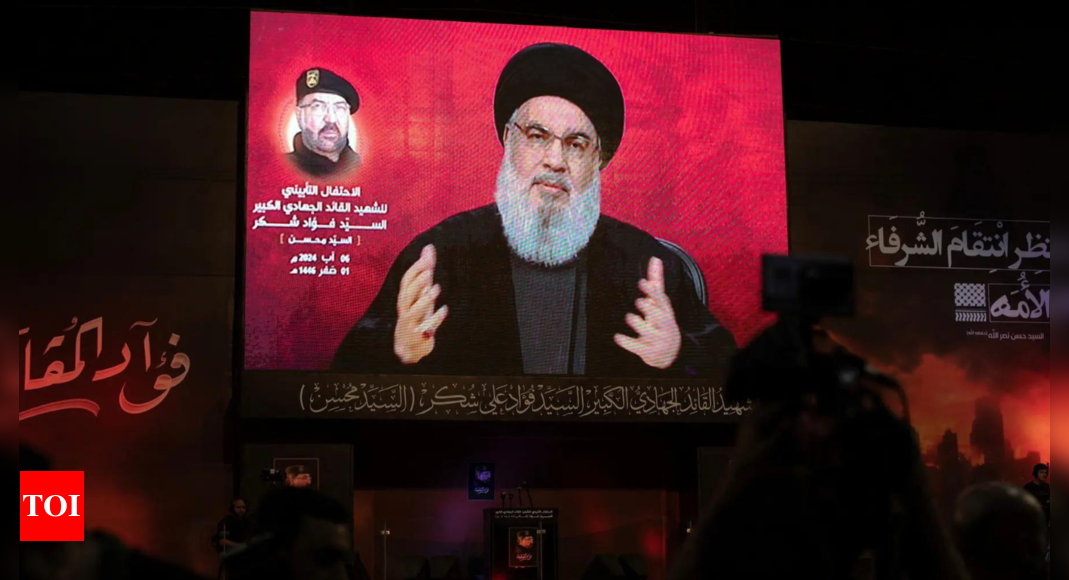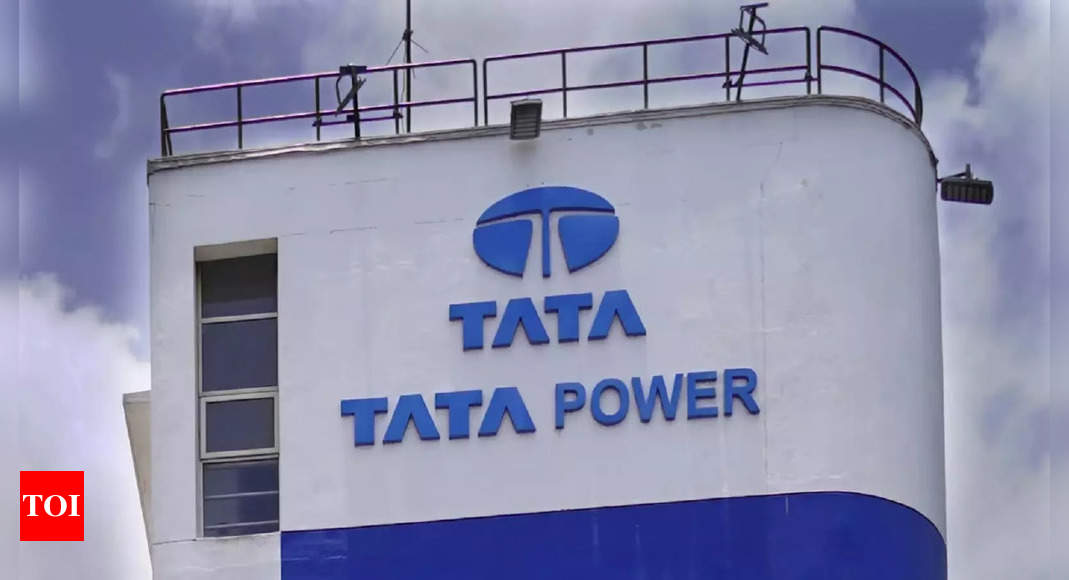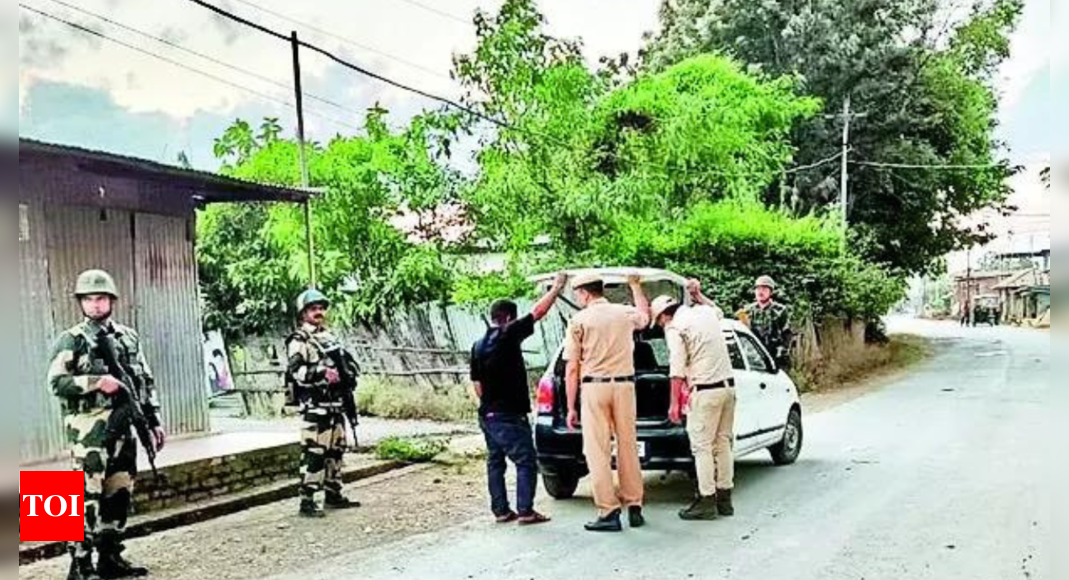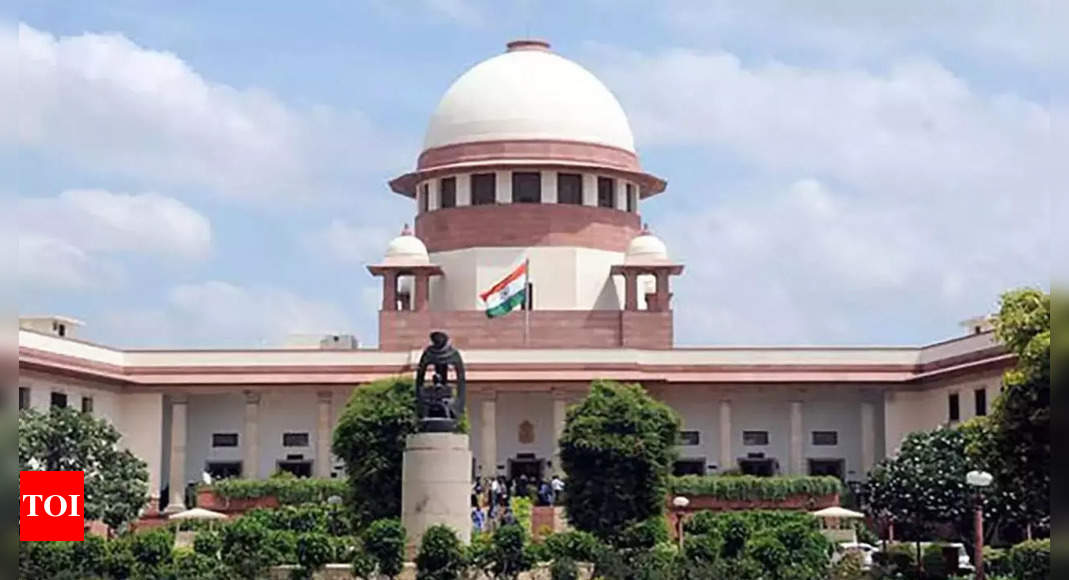
Hezbollah‘s leader Sayyed Hassan Nasrallah declared on Sunday that his group will assess the impact of its recent rocket and drone attacks on Israeli military targets before deciding on further retaliatory actions.
This statement comes in the wake of a severe exchange of fire between Hezbollah and Israel, which has been one of the most intense confrontations since the onset of hostilities that have paralleled the Gaza war.
Nasrallah refuted Israeli military claims that their preemptive strikes had thwarted a larger Hezbollah attack. According to Nasrallah, Hezbollah executed their operation “as planned,” and the group had deliberately avoided targeting civilians or critical infrastructure, including Ben Gurion Airport in Tel Aviv. Instead, Hezbollah’s primary target was a military intelligence base located approximately 110 kilometers inside Israeli territory, marking their deepest incursion yet and positioning the base just 1.5 kilometers north of Tel Aviv.
The Hezbollah leader elaborated that the attack, which was a response to the killing of top Hezbollah commander Fuad Shukr last month, involved the launch of over 300 Katyusha rockets designed to overwhelm Israel’s Iron Dome defenses. Additionally, attack drones were deployed, including those launched from the eastern Bekaa Valley—a first for the group. Nasrallah said that none of Hezbollah’s launch platforms were damaged by Israeli preemptive strikes.
Nasrallah also addressed Israeli assertions that Hezbollah had intended to fire thousands of projectiles, clarifying that the group had not planned a more extensive attack. He attributed delays in the operation to the mobilization of Israeli and American military assets in the region.
‘Not the end of the story’: Netanyahu
In response to the escalation, Israeli Prime Minister Benjamin Netanyahu warned Hezbollah and Iran of further consequences, stating that recent airstrikes on Lebanon had significantly degraded Hezbollah’s short-range rocket capabilities. Netanyahu claimed that the Israel Defense Forces (IDF) had successfully intercepted all drones aimed at strategic locations near Tel Aviv, including the Mossad headquarters.
The early Sunday exchange saw Hezbollah launching a significant barrage of rockets and drones, prompting a substantial Israeli military response involving around 100 jets. The conflict resulted in one of the largest clashes in over ten months of border warfare, with missiles creating dramatic scenes in the sky and causing significant disruptions in both Lebanon and Israel.
Later in the day, sirens were reported in Rishon Letsiyon, central Israel, where the IDF identified a projectile from the Gaza Strip falling in an open area. The armed wing of Hamas claimed responsibility for this incident.
This statement comes in the wake of a severe exchange of fire between Hezbollah and Israel, which has been one of the most intense confrontations since the onset of hostilities that have paralleled the Gaza war.
Nasrallah refuted Israeli military claims that their preemptive strikes had thwarted a larger Hezbollah attack. According to Nasrallah, Hezbollah executed their operation “as planned,” and the group had deliberately avoided targeting civilians or critical infrastructure, including Ben Gurion Airport in Tel Aviv. Instead, Hezbollah’s primary target was a military intelligence base located approximately 110 kilometers inside Israeli territory, marking their deepest incursion yet and positioning the base just 1.5 kilometers north of Tel Aviv.
The Hezbollah leader elaborated that the attack, which was a response to the killing of top Hezbollah commander Fuad Shukr last month, involved the launch of over 300 Katyusha rockets designed to overwhelm Israel’s Iron Dome defenses. Additionally, attack drones were deployed, including those launched from the eastern Bekaa Valley—a first for the group. Nasrallah said that none of Hezbollah’s launch platforms were damaged by Israeli preemptive strikes.
Nasrallah also addressed Israeli assertions that Hezbollah had intended to fire thousands of projectiles, clarifying that the group had not planned a more extensive attack. He attributed delays in the operation to the mobilization of Israeli and American military assets in the region.
‘Not the end of the story’: Netanyahu
In response to the escalation, Israeli Prime Minister Benjamin Netanyahu warned Hezbollah and Iran of further consequences, stating that recent airstrikes on Lebanon had significantly degraded Hezbollah’s short-range rocket capabilities. Netanyahu claimed that the Israel Defense Forces (IDF) had successfully intercepted all drones aimed at strategic locations near Tel Aviv, including the Mossad headquarters.
The early Sunday exchange saw Hezbollah launching a significant barrage of rockets and drones, prompting a substantial Israeli military response involving around 100 jets. The conflict resulted in one of the largest clashes in over ten months of border warfare, with missiles creating dramatic scenes in the sky and causing significant disruptions in both Lebanon and Israel.
Later in the day, sirens were reported in Rishon Letsiyon, central Israel, where the IDF identified a projectile from the Gaza Strip falling in an open area. The armed wing of Hamas claimed responsibility for this incident.









